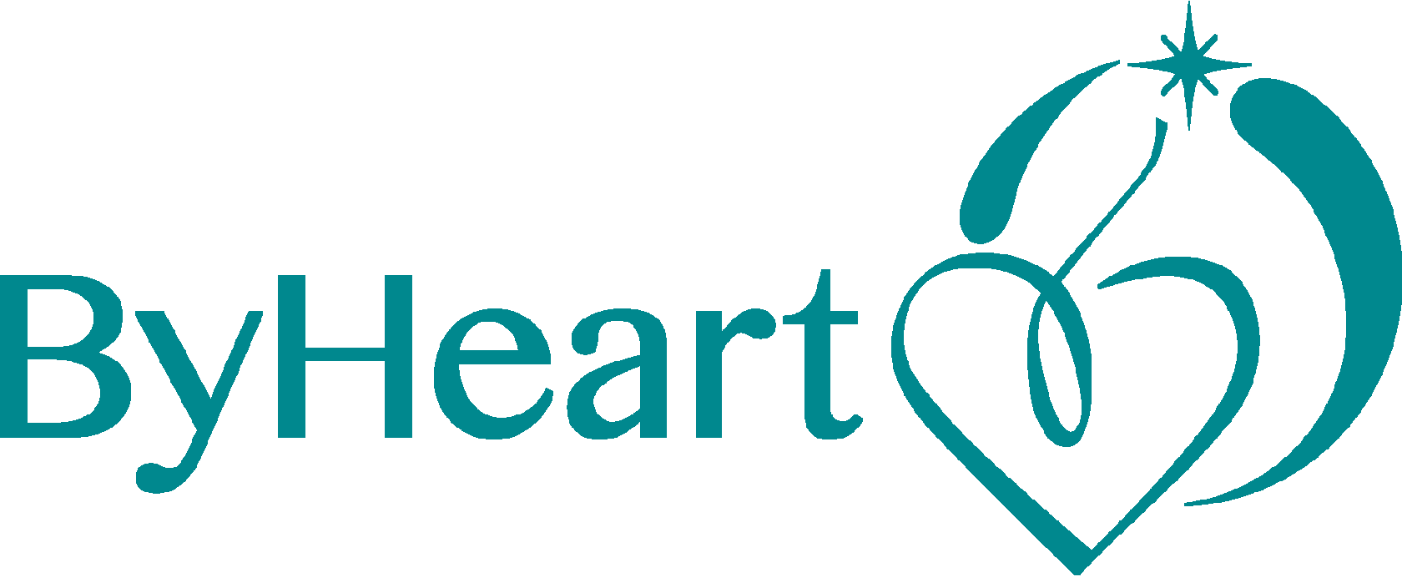Table of Contents
Coming Saturday night I’ll be at the theatre, to see Macbeth at my local.
I studied Much Ado About Nothing during my first year in the UK, for an English Literature A-level that I never completed.
Later, I discovered and embraced the English summer Shakespeare in the Park tradition. But I’ve tended to avoid the tragedies.
For the first time since my A-levels, I’ve decided to explore a play that I’m not involved in staging. What I wasn’t expecting to find is a seam of connection to modern times.
Fintan O’Toole’s Shakespeare is Hard, but so is Life talks of how the three Weird Sisters in Macbeth
slip through definitions . . . breaking down categories, refusing to let basic oppositions like male and female, losing and winning, fair and foul, truth and lies remain opposites (1, 3, 43-4).
This confusion “becomes real with the final assault on the castle by the half-men half-trees (Birnam Wood come to Dunsinane).”
O’Toole asks what makes things in the world of the play so unstable, turning into their opposites. His take on Shakespeare’s take is that money is the answer.
Pointing the finger at money is a bold claim to make!
As proof, O’Toole quotes from another Shakespeare play, Timon of Athens, written a few years after Macbeth, where the protagonist talks of:
Gold? Yellow, glittering, precious gold? …
Thus much of this will make
Black white, foul fair, wrong right,
Base noble, old young, coward valiant…
( 4, 3, 26 -)
Reading these lines penned 400 years ago feels eerie! They speak to the power of money in our world today.
In our world today, money brings confusion not just at the level of society. Its conflicts permeate everyday life at a personal level, too.
I’ve been exploring this Human Side of Money ever since I bumped into my own psychological knots as a fledgling business owner.
Psychology of Money
How do you go about dealing with money?
Is it something you take much interest in? Or do you prefer to look the other way and hope for the best?
Do you stick to a well-thought-out plan, or do you splurge? Or maybe even binge?
It seems that people form a relationship with money, in a similar way to how you form relationships with other humans. Just like your style with people, your style with money tends to follow a distinct pattern.
This affects not just your personal finances, but also how you act in your work and business life.
What’s the first thing that comes to mind when you think about money?
Online workshop for freelancers & business owners
Money and Me: Why is it so difficult?
As a business owner, you’re already aware of strategies and techniques for money management. But if the human in you feels in any way uneasy about money (and unease can take many forms), this can unwittingly affect your business.

I’m running a 50-minute online workshop on Psychology of Money under the auspices of Organisation for Responsible Businesses (ORB).
Come to explore how you feel about money, and where the potential might be for positive shifts towards holistic prosperity.
This session offers a supportive, non-judgemental environment with prompts for personal reflection at the pace that suits you.
During this workshop, you’ll get support to complete the test, understand your results and ask any questions.
What’s the format?
📆 Friday 31st January, 1:00 pm - 1:50 pm (UK time)
👤 Hosted by the Organisation for Responsible Businesses (ORB) and facilitated by me
💬 Interactive online workshop
⏳ 50 minutes
🏷️ Open to all with a suggested small cover charge
Tickets and full workshop details here:
Money and Me: Why is it so difficult?
Not sure what comes next?
Sometimes the first step is just saying this matters.
A Nesting Call is a gentle conversation to meet you where you are — no fixing, no rushing, just deep listening and space to notice what wants to unfold.










Comments